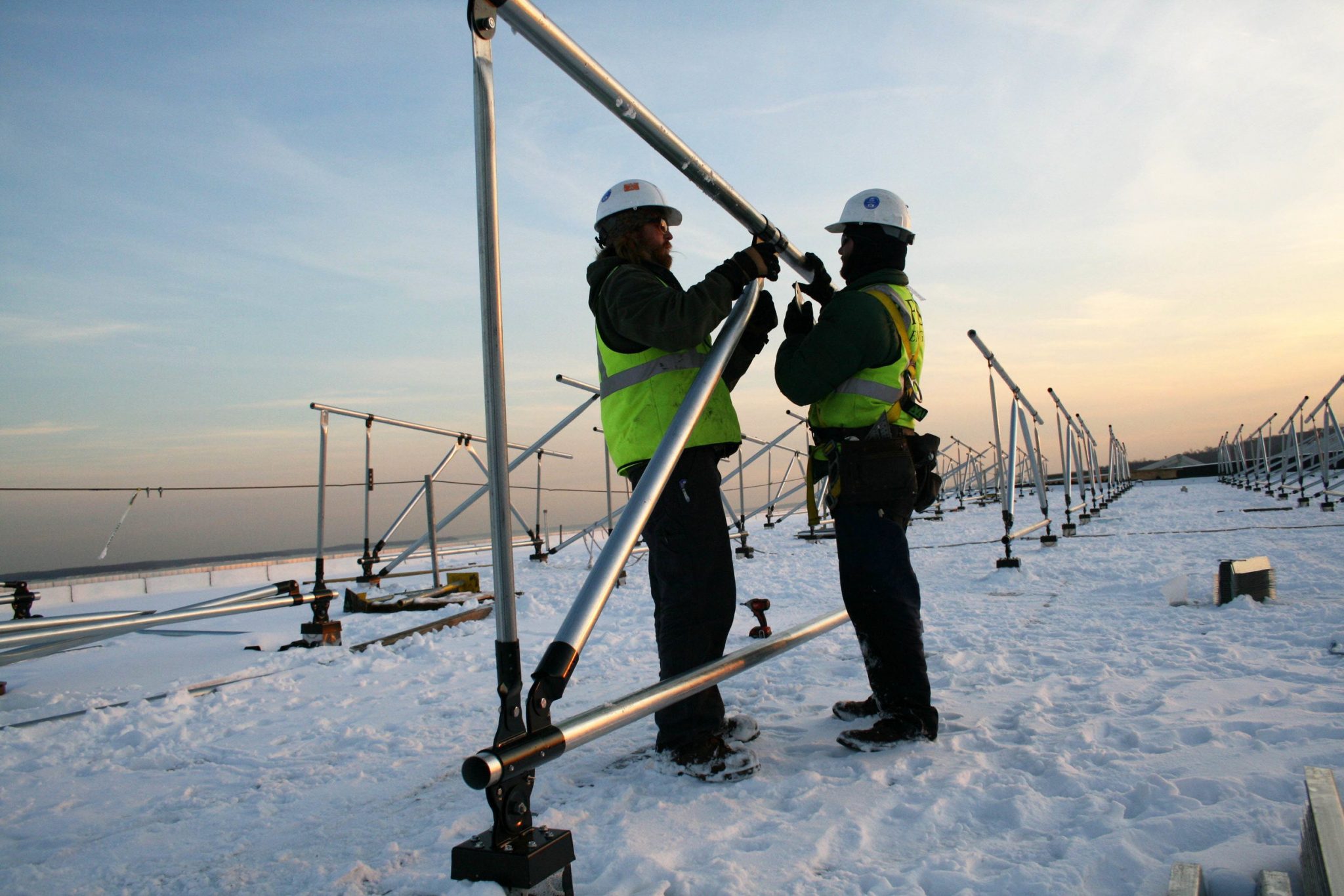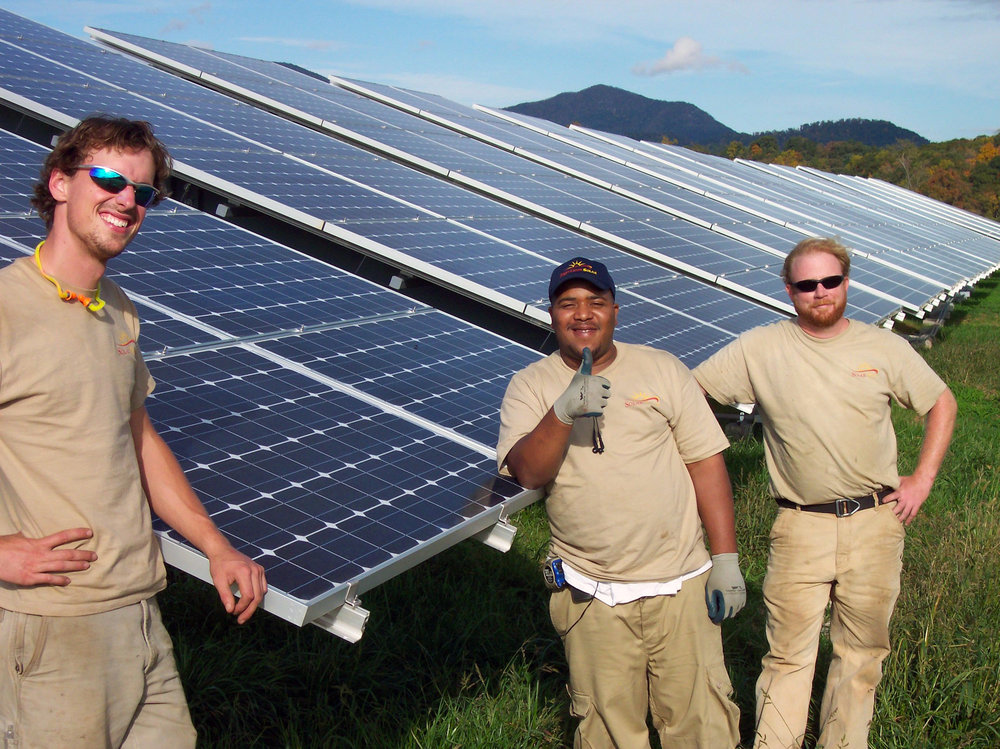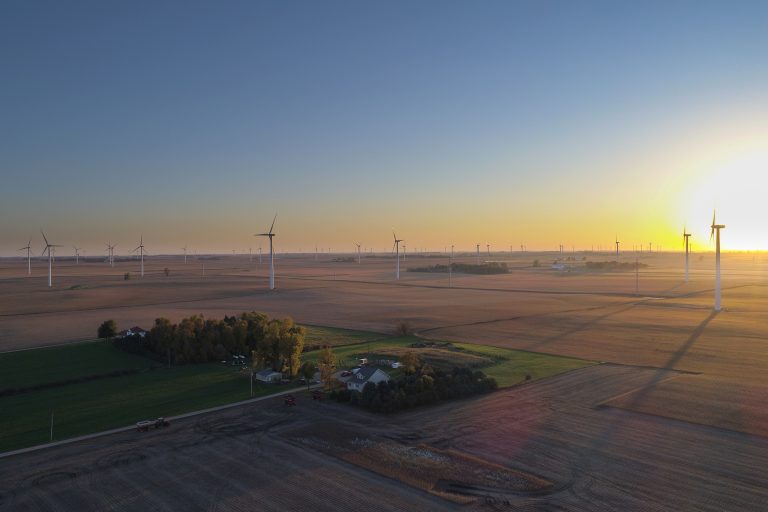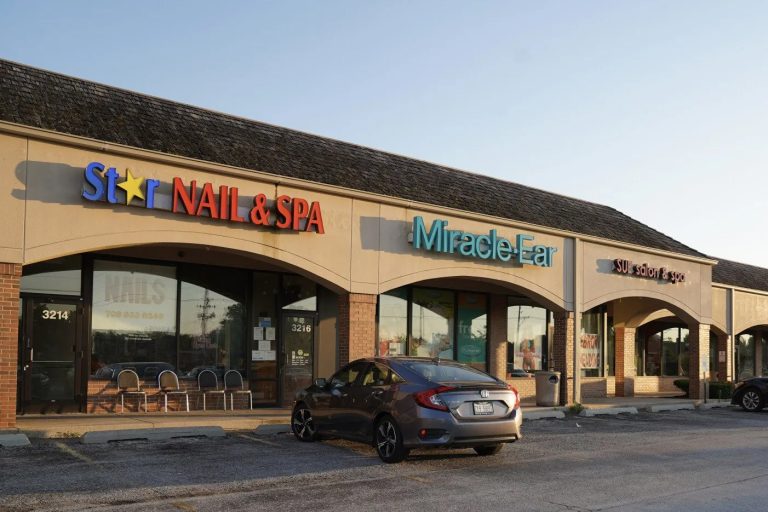Just out of high school, Jay Petre got a job ripping down an old railroad depot near his home in rural West Virginia.
“We were stacking up all this wood,” Petre recalls. “And this guy came by and said, ‘Can I buy it?’ I ended up getting an extra $10,000, and I knew I was onto something.”
The young entrepreneur went on to create a company that transformed wood torn from deteriorated, abandoned barns and factories across Appalachia into flooring for high-end homeowners and commercial clients nationwide.
“The business is really rooted in sustainability,” says Petre, founder of Renick Millworks. “We were not cutting down trees. We were using timbers from structures that otherwise would have been burned down.”
Entrepreneurs like Petre see a bright future for Appalachia as they invent greener ways to make a living.
Just as he breathed new life into century-old heart pine, oak, and hickory, he brought new life to his community. Entrepreneurs like Petre see a bright future for Appalachia as they invent greener ways to make a living in a region that has historically depended heavily on one industry: coal mining. The company he launched now employs nearly 70 people in the town of Renick (pop. 210).

Loans, Technical Support for Sustainable Small Businesses in Nine States
As part of its goal to accelerate the growth of a clean energy economy, The McKnight Foundation removed coal from a portion of its endowment and made investments in high tech, clean energy companies instead. Simultaneously, McKnight recognized the need to invest in the people developing new ideas and nascent businesses in regions that once relied on fossil fuel jobs. In late 2015, McKnight made a $1 million loan to the Natural Capital Investment Fund (NCIF). In turn, NCIF provides loans and technical support to small businesses like Petre’s in nine central Appalachian and southeastern states. McKnight’s investment is part of a much larger $33 million pool of capital at NCIF that grew 38% last year.
“It’s about building a more reliable economy and vibrant communities,” says Marten Jenkins, president and CEO of the NCIF. “The goal is diversification.”
“It’s about building a more reliable economy and vibrant communities.”—MARTEN JENKINSPRESIDENT AND CEO, NATURAL CAPITAL INVESTMENT FUND
As an offshoot of McKnight grantee The Conservation Fund, NCIF originally worked with natural resource-based businesses. It has since expanded its reach to over 200 businesses a year in almost every sector, from solar panel installers to co-op grocery stores and tourism enterprises, always with attention to strengthening communities and the environment.
“There are incredible skills in these coal-impacted communities that are absolutely transferable to other markets,” says Jenkins. “But people are going to have to think a little differently. Our job is to help them.”

Petre started his business in 2004 with a loan from his father and turned to NCIF when he wanted to expand. He received a series of loans totaling $180,000 over several years for working capital and equipment purchases, enabling him to build a plant that makes engineered flooring — hardwood veneer laminated onto a sustainable plywood backing.
“He had a real vision for what he wanted to do,” says Jenkins, who also helped Petre get certification from the Forest Stewardship Council, develop a website to market his wood nationally, and obtain outside accounting assistance. In 2016, Petre finalized the sale of his business to Mountain Lumber. The jobs stayed in Renick, and Petre is planning to launch his next business venture there.

These companies are providing new jobs while keeping the air we breathe clean and the water we drink safe.
Wood salvage is just one example of how entrepreneurs across Appalachia are envisioning a greener future. Rock Cave IGA, a community grocery store in West Virginia, turned to NCIF to retrofit its cooling, lighting, and HVAC systems, decreasing energy consumption by 25% and lowering its operating costs. NCIF also provided early support to FLS Energy, a solar developer in North Carolina that employs 55 people and has installed well over one million solar panels. These successful companies are providing new jobs in the new economy while keeping the air we breathe clean and the water we drink safe.
And they demonstrate to other coal-dependent communities, including those in McKnight’s home state of Minnesota, the real-world economic benefits that can be gained from investing in a more diversified economy. As Jenkins sees small businesses like Petre’s company take off, he is optimistic about what’s possible in communities others have written off.
“I look at him and see what someone can do with a good idea, hard work, business assistance, and a little capital,” says Jenkins. “The key is to find these people who want to stay in their community and do it.”


